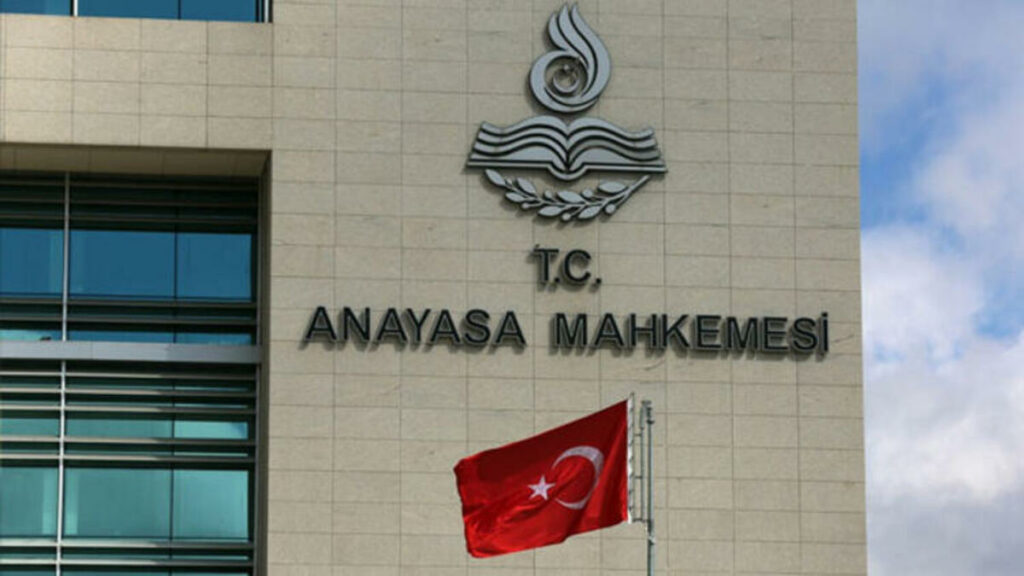Turkey’s Constitutional Court has said a travel ban imposed on one of the academics who were dismissed from their jobs for signing a peace declaration in 2016 violated her rights, in a ruling that is expected to set a precedent for many others also subjected to the ban, Deutsche Welle Turkish service reported on Friday.
A total of 1,128 academics who referred to themselves as the “Peace Academics” signed a declaration in early 2016 calling on the government to halt operations by security forces in southeastern Turkey, restore peace to the nation and return to the negotiating table to restart shelved talks to find a peaceful solution to the so-called Kurdish problem.
The move attracted widespread criticism from the government. Many of the signatories were fired, sentenced to prison or subjected to overseas travel bans.
One of the signatories was Latife Akyüz, then-assistant professor of sociology at Düzce University, who was suspended from her position after a local newspaper published an article calling her a “traitor.”
Akyüz, who was sent by a prosecutor to court for arrest, was released pending trial and a travel ban was imposed on her. The Interior Ministry also imposed a restriction on her passport.
Although she won a full two-year scholarship from the Philipp Schwartz Initiative (PSI), which allows researchers who are no longer able to work in their own countries because they are threatened or persecuted to continue their work at German universities and research institutions, the travel ban prevented her from taking part in the program. She also couldn’t attend a similar three-month program in France.
According to DW, the Constitutional Court on Sept. 7, 2021, discussed an application submitted by the academic’s lawyer Oya Meriç Eyüboğlu in 2016 and decided that Akyüz’s rights had been violated because she couldn’t benefit from the academic opportunities abroad due to the travel ban.
The academic was acquitted at the end of her trial and the travel ban imposed on her was lifted, although the restriction on her passport remains. It’s expected to be lifted after the top court ruling is published in the Official Gazette, DW said.
Akyüz told DW that the top court’s ruling was expected to set a precedent for many other peace academics who were also subjected to travel bans.
After the initial signatories were targeted by President Recep Tayyip Erdoğan, more academics signed the peace declaration in solidarity, with the total number exceeding 2,000.
A total of 7,316 academics were dismissed in the aftermath of a coup attempt on July 15, 2016. Professors and lecturers from nearly all universities in Turkey were targeted in the government’s post-coup crackdown.

